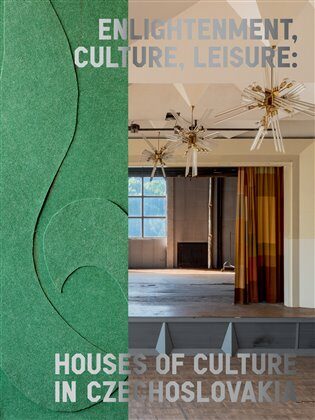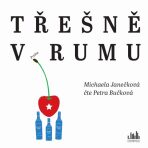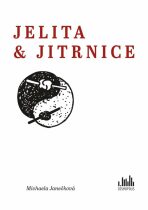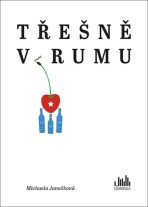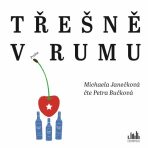0.0 z 5 hvězdiček
pevná vazbaKniha ( pevná vazba )
- Produkt je nedostupný.
The publication is the first book to provide a comprehensive account of the building of a nationwide network of cultural houses, which were systematically established during the socialist period in the former Czechoslovakia. As places of public life in post-war society, these buildings enjoyed generous state support, not only economically but… Přejít na celý popis
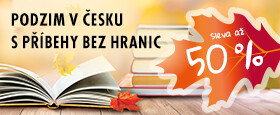 Skvělý výběr bestsellerů, které do konce prosince zakoupíte se slevou až 50 %!
Více informací
Skvělý výběr bestsellerů, které do konce prosince zakoupíte se slevou až 50 %!
Více informací
K tomuto produktu zákazníci kupují
-

-

-
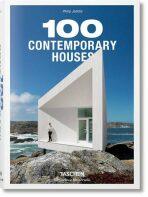
-
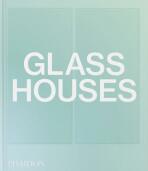
-
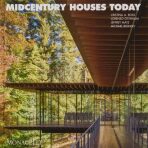
-

-
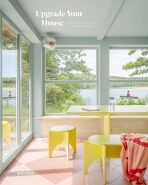
-

-
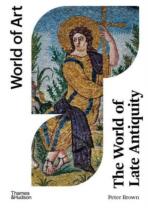
-
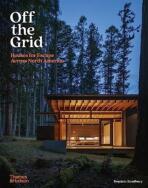
-
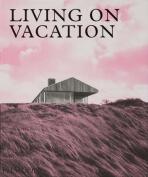
-

-

-

-
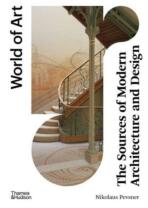
-

-

-

-

-

-

-
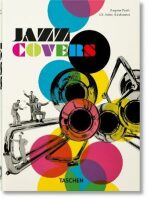
-
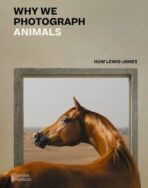
-
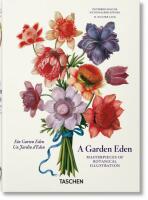
The publication is the first book to provide a comprehensive account of the building of a nationwide network of cultural houses, which were systematically established during the socialist period in the former Czechoslovakia. As places of public life in post-war society, these buildings enjoyed generous state support, not only economically but also politically and legislatively. Our interest is not only focused on their specific typology, but we also look at their educational and emancipatory potential as well as their role as a political tool for the organization and control of leisure. The publication also focuses on the search for the roots and programmatic antecedents of cultural institutions established from the nineteenth century onwards and in the inter-war period (association and national or workers' houses), with an overlap into the post-1989 period, when buildings and their operators had to, and sometimes still have to, cope with the demands of modernisation. The book covers both the Czech and Slovak context of the construction of cultural houses, which not only manages to cover the entire territory of the former Czechoslovakia, but also to capture the different historical experiences. The texts for the book were written by Jiří Andrs, Jan Galeta, Hubert Guzik, Katarína Haberlandová, Michaela Janečková, Laura Krišteková, Josef Ledvina, Irena Lehkoživová, Henrieta Moravčíková, Peter Szalay, Karel Šima, Jitka Šosová, Lukáš Veverka, Jan Zikmund, with a foreword by the leading British cultural and art historian David Crowley. The book is a combination of a scholarly book and a pictorial publication with images by photographers Oskar Helcel and Martin Netočný. The series of photographs divides the text into four parts, the first of which focuses on historical pre-images of cultural houses in the Czech lands and Slovakia from the 19th century onwards, and the second on the practical aspects of their construction during the period of state socialism. The third traces the history and changes of cultural houses in the Czech lands from the Second World War to the 1990s. The fourth section focuses on the same in Slovak territory and also includes two case studies, one from Slovakia and the other from the Czech Republic. The individual texts are accompanied by a number of contemporary reproductions, many of which are published for the first time. Graphics by Tereza Hejmová, Adéla Svobodová
- kategorie
-
Knihy »
Cizojazyčná literatura »
English literature »
Nonfiction »
Art, Architecture and Photography
- Nakladatel
- UMPRUM
- datum vydání
- 14.03.2024
- ean
- 9788088308973
- Počet stran
- 888
- jazyk
- angličtina
- Vazba
- pevná vazba
- isbn
- 978-80-88308-97-3
Hodnocení a recenze čtenářů Nápověda
0.0 z 5 0 hodnocení čtenářů
0× 5 hvězdiček 0× 4 hvězdičky 0× 3 hvězdičky 0× 2 hvězdičky 0× 1 hvezdička
Přidejte své hodnocení knihy
Vývoj ceny Nápověda
Získejte přehled o vývoji ceny za posledních 60 dní.
Články, které stojí za pozornost
-

-

-

-

-

-

-

-

-

-

-

-


